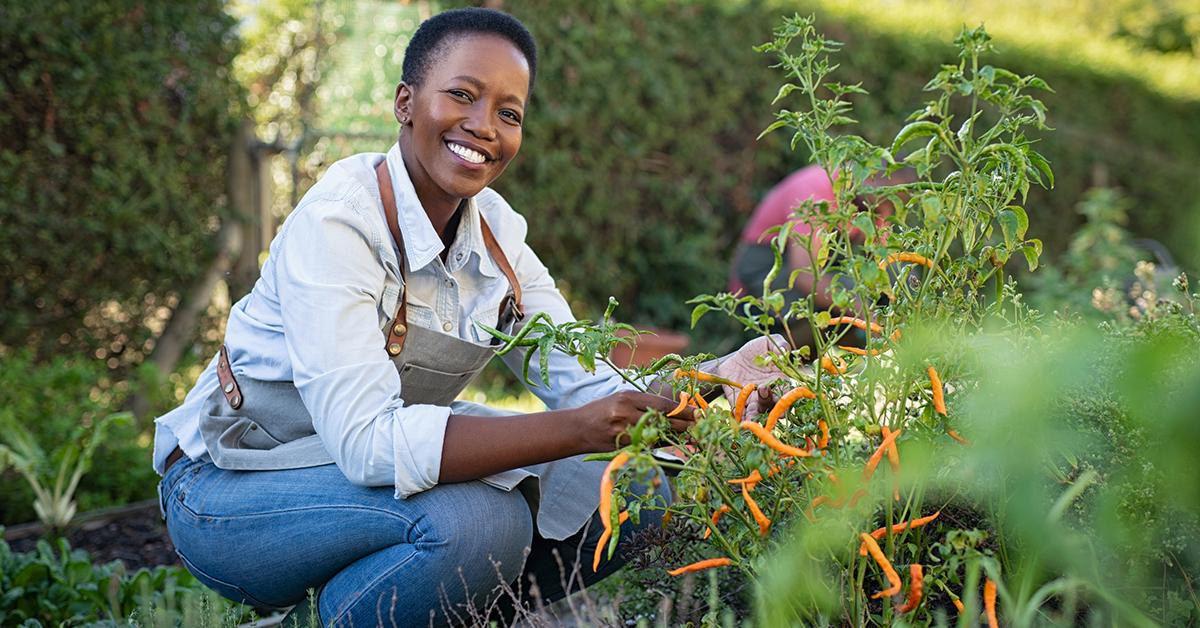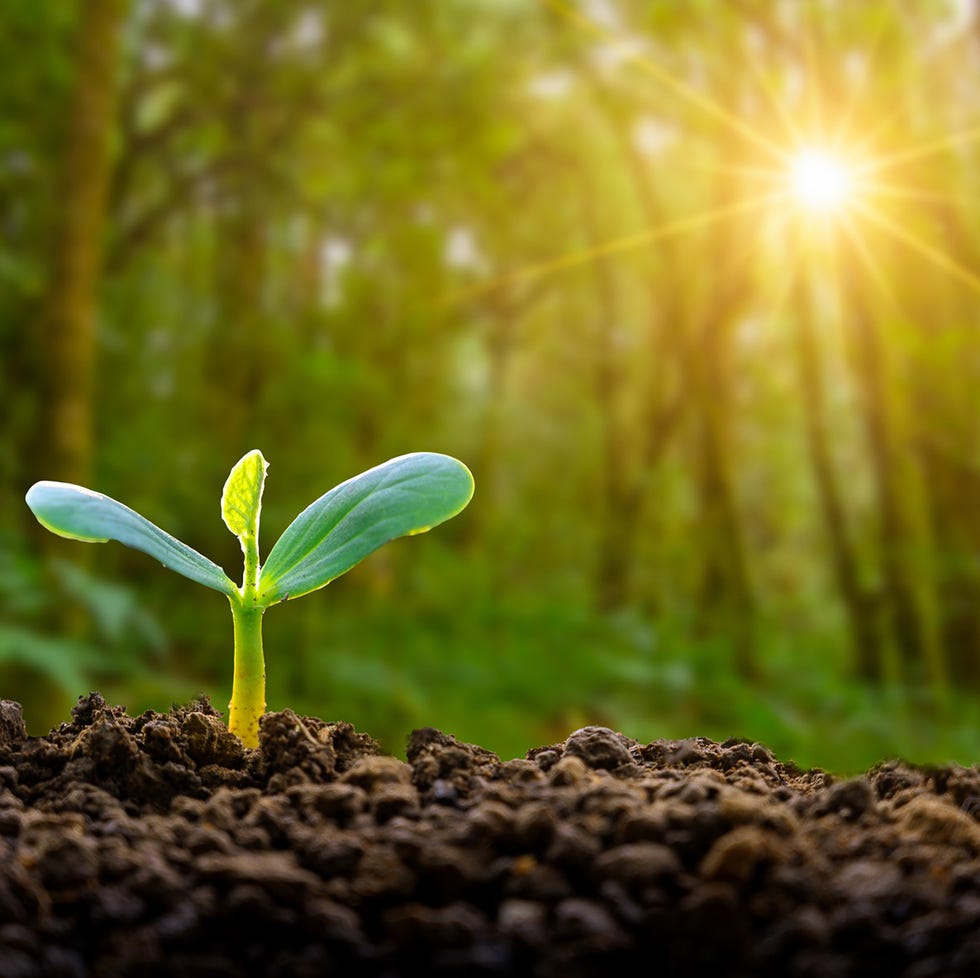Kickstart Your Gardening Trip: Structure the Perfect Gardening Kit for Beginners
Wiki Article
Expanding Green Thumbs: a Beginner's Trip Into the Globe of Gardening
Are you anxious to obtain your hands filthy and start expanding your very own yard? Look no further! In this article, we'll take you on a novice's trip into the world of horticulture. You'll discover choosing the right plants, recognizing dirt and garden compost, and vital gardening tools. We'll also instruct you sprinkling and feeding methods and how to take care of usual yard bugs. Obtain ready to cultivate your environment-friendly thumb and watch your garden prosper!Picking the Right Plants
You require to examine your gardening room and figure out the number of plants that will fit easily. Action the dimensions of your yard beds or pots and compute the readily available room. Consider the fully grown size of the plants you intend to expand.As soon as you have a clear concept of your horticulture area, it's time to pick the ideal plants. Think of what you appreciate eating or what flowers you find most enticing. Take into consideration the environment and sunshine problems in your area. Particular plants flourish completely sunlight, while others like partial shade. Bear in mind of any kind of microclimates in your yard, such as areas that receive much more or much less sunshine than the rest. This will help you select plants that are matched to your details conditions.
It's likewise important to consider your level of horticulture experience. If you're new to horticulture, select plants that are simple to expand and require very little maintenance. Natural herbs like basil, mint, and rosemary are flexible and ideal for novices. In addition, take into consideration the length of your expanding period. If you live in a region with a much shorter expanding season., choose plants that have a much shorter maturity period.
Recognizing Soil and Compost
To make certain the success of your yard, it is critical that you comprehend the relevance of soil and compost. Soil is the foundation of your garden, offering nutrients, water retention, and support for your plants. It is essential to have a great understanding of your soil kind, whether it is sandy, clayey, or fertile, as this will identify the sorts of plants that will grow in your garden. Garden compost, on the various other hand, is a fantastic means to enhance the high quality of your dirt. It is comprised of raw material, such as cooking area scraps, yard waste, and leaves, that break down over time. Including garden compost to your soil will certainly enrich it with important nutrients and boost its structure, enabling for far better water drain and oygenation. You can either make your very own compost making use of a garden compost bin or purchase it from a garden facility. Bear in mind, a productive and healthy and balanced soil is the essential to an effective garden, so put in the time to recognize your dirt and include garden compost to ensure your plants flourish.
Vital Gardening Tools
Now that you recognize the value of dirt and garden compost, let's check out the necessary horticulture tools you'll need to grow your environment-friendly sanctuary. Among the a lot of standard devices you'll require is a yard trowel. This little handheld tool is best for digging little openings, hair transplanting seed startings, and scooping soil. One more vital device is a yard fork. This sturdy device is made use of for loosening dirt, see it here separating globs, and turning compost. An excellent pair of horticulture gloves is a must-have to shield your hands from thorns, prickly plants, and dirt. Try to find gloves that are sturdy, breathable, and supply an excellent grip. A garden tube or watering can is vital for maintaining your plants moisturized. Choose a tube with a spray nozzle that enables you to readjust the water circulation and stress. A durable pair of trimming shears or secateurs is important for cutting and forming your plants. Seek shears with a sharp blade and comfy deals with. A yard rake is valuable for leveling soil, eliminating debris, and spreading mulch. With these necessary tools in your gardening arsenal, you'll be well-appointed to create and maintain your eco-friendly sanctuary.Watering and Fertilizing Strategies

Dealing With Common Garden Pests
As a newbie garden enthusiast, you may run into common yard bugs that can ruin your plants. These insects can vary from pests like caterpillars, beetles, and aphids, to little pets like squirrels and rabbits. It is essential to be able to identify and deal with these parasites efficiently in order to protect your plants and make certain an effective yard.One of the very first steps in handling yard bugs is to consistently evaluate your plants for any signs of infestation. Look for eaten fallen leaves, holes in the vegetation, or the existence of small pests. If you spot any kind of pests, it is go to website necessary to do something about it promptly to avoid them from spreading out and creating additional damage.
There are numerous techniques you can make use of to manage garden parasites. In addition, there are natural pest control sprays offered that can help deter and eliminate common yard insects.
Bear in mind, avoidance is crucial when it pertains to dealing with yard parasites. Keeping your yard free and clean of particles can assist decrease the possibility of a problem. Regularly getting rid of weeds and dead plants can additionally help remove hiding places for pests.

Verdict
Congratulations on completing your beginner's trip into the globe of horticulture! By picking the right plants, comprehending dirt and garden compost, using important horticulture devices, and grasping watering and feeding techniques, you have set yourself up for success. Don't forget to remain alert in dealing with typical yard bugs to ensure your plants grow. With your newly found knowledge and green thumbs, your garden will grow and bring you endless happiness and appeal (gardening for beginners). Happy horticulture!Soil is the foundation of your garden, offering nutrients, water retention, and assistance for your plants. It is important to have a good understanding of your dirt type, whether it is sandy, clayey, or fertile, as this will certainly establish the kinds of plants that will certainly grow in your yard. Bear in mind, a healthy and balanced and fertile dirt is the vital to an effective yard, so take the time to comprehend your dirt and include compost to guarantee your plants grow.
As a novice gardener, you might run into typical yard bugs that can inflict chaos on your plants. It's important to be able to deal and recognize with these pests efficiently in order to protect your plants and ensure a successful garden.
Report this wiki page